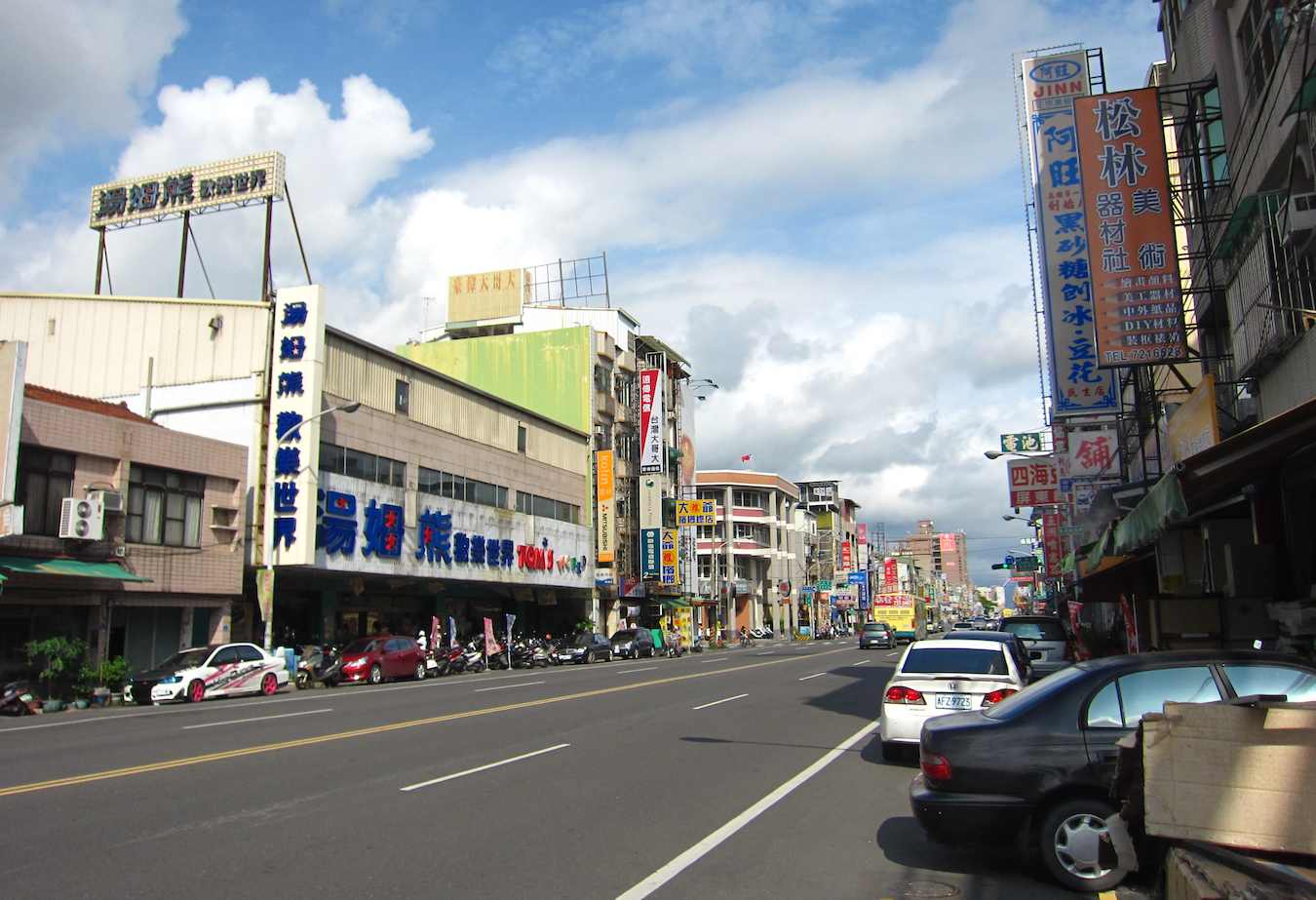by Brian Hioe
語言:
English
Photo Credit: Rsa/WikiCommons/CC BY-SA 3.0
THE INDICTMENT OF Pingtung County Council speaker Chou Tien-lun on vote buying charges related to Terry Gou’s bid for the KMT’s presidential nomination late last month should not surprise. Namely, issues regarding vote buying and corruption continue to plague Taiwanese politics, particularly in rural areas.
This is not the first time that individuals collecting signatures for Gou were indicted on vote buying charges. Fourteen were indicted in January on such charges, including a businessman and others. The same occurred in October, with seven investigated over vote buying for Gou. This included the chair of the representative council for Hsinchu’s Sinpu Township, as well as seven indicted last week also for vote buying for the Gou campaign.
The charges were not on such a level that Gou has faced any demand to answer for vote buying by his affiliates–whether in terms of demands from the general public or from authorities. Either way, Gou has largely kept a low profile since he withdrew from the presidential race, declining to register as a presidential candidate after a dramatic public meeting with KMT presidential candidate Hou You-yi, TPP presidential candidate Ko Wen-je, former presidential candidate Ma Ying-jeou, and KMT chair Eric Chu.
Yet this continues Pingtung’s long-standing issues with political corruption, specifically with regard to KMT politicians there. In 2020, Pingtung city mayor Lin Hsieh-sung and Pingtung city council speaker Hsiao Kuo-liang were detained and searched by prosecutors and law enforcement in connection to corruption charges. A total of nine locations were searched and nineteen people questioned. Both Lin and Hsiao are KMT politicians.
In particular, Lin and Hsiao were accused of falsifying receipts in order to embezzle money from public funds that were meant for procurement by the city government and to have obtained property through fraud. The two later were sentenced in fall 2021.
 Photo credit: Rutger van der Maar/WikiCommons/CC BY 2.0
Photo credit: Rutger van der Maar/WikiCommons/CC BY 2.0
Such charges of embezzlement and corruption are far from unheard of in Taiwanese politics, particularly from members of the KMT. In March 2020, Miaoli county councilor Chiang Chun-kuei, the current secretary-general of the KMT caucus in the Miaoli city council, was arrested on charges dating to when Chiang served as mayor of the Touwu Township of Miaoli county from 2011 to 2016. Chang was accused of accepting bribes from construction companies in return for awarding lucrative development contracts to them.
The same month, KMT Tainan city councilor Hung Yu-feng was found guilty of corruption for embezzling 11.35 million NT in government subsidies to hire staff over the course of ten years. Elected city councilors are allocated some funding by the government to hire staff. But Hung falsely used the names of several individuals to claim that she was hiring them as staff. and applied for subsidies from the government not only for wages, but also research and vacation expenses.
In April 2020, Taichung city councilor Huang Jen was charged with distributing funds to his campaign director, Jongren Dalus, to buy votes in the January 2020 legislative elections. Dalus was also a city councilor, serving in New Taipei city, and served as the head of the National Association for Urban Region Lowland Aborigines, a KMT party organization. Dalus was to target indigenous voters in vote buying efforts. Dalus and Wang were charged under the Civil Servants Election and Recall Act and faced charges for illegal campaigning and vote buying.
One notes, then, how general issues of corruption dovetail with vote buying. Oftentimes, the view is that issues of corruption become worse at lower levels of Taiwanese politics, such as at the city councilor level. But that Pingtung county council speakers have come under scrutiny over corruption charges so many times reflects how issues of corruption continue to be deeply rooted in Taiwan–particularly at the local level.
At the same time, it should perhaps prove worrisome for the KMT party establishment when politicians at the county speaker level solicit votes for candidates apart from those endorsed by the party leadership–and even taking the political risk of engaging in vote buying to do so. This should be concerning when a county council speaker solicited votes for Gou rather than the KMT’s official candidate, Terry Gou.
Yet one observes fragmentation at the local level, too, with how Miaoli county magistrate Chung Tung-chin is not a KMT member, but an independent politician who ran without the KMT’s endorsement with the endorsement of former magistrate Hsu Yao-chang. Chung was a former KMT member who was expelled for running without the party’s permission, with the KMT hoping for him to withdraw after murder charges he was implicated in came to light. Perhaps the KMT’s hold over local politics, too, is weakening.

